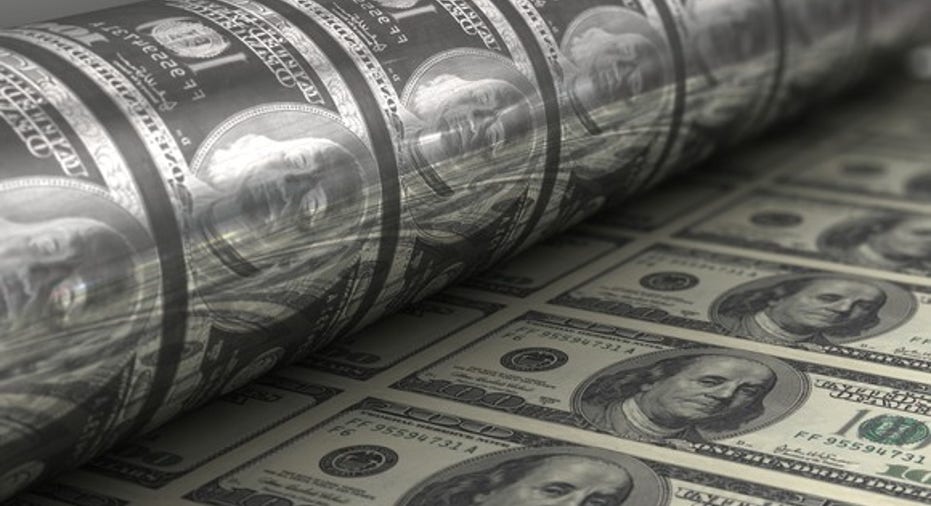Dollar Hits 7-Month High on ECB Decision

The euro fell to a four-month low against the U.S. dollar and the greenback rose to its highest in seven months against a basket of major currencies on Thursday after the European Central Bank President left the door open to more monetary stimulus at its policy meeting.
The rise in the U.S. dollar knocked down oil prices which are traded in dollars and pressured U.S. stock prices as many leading companies are dependent on export sales.
The European Central Bank left its ultra-loose monetary policy unchanged but president Mario Draghi kept a wide range of options open for further stimulus in December, shooting down any talk of tapering its 1.7 trillion euro asset-buying program.
The U.S. dollar gained further after publication of a stronger-than-expected U.S. existing home sales report.
"The move in the dollar hurt oil, which hurt energy, which hurt stocks," said Stuart Guilfoyle, chief market economist at Stuart Frankel & Co.
Crude oil prices fell by around 2.5 percent on Thursday, giving back some of the week's gains which had taken crude prices to their highest in 15 months in the wake of unexpected inventory drawdowns.
U.S. stocks were also pushed lower by weak earnings reports from index heavyweights such as Verizon which fell 2.3 percent. Telecom stocks were the worst-performing sector on the day, down 2.3 percent.
The next biggest loser among U.S. stocks was the energy index which was off 1.1 percent.
The Dow Jones industrial average fell 58.45 points, or 0.32 percent, to 18,144.17, the S&P 500 lost 9.36 points, or 0.44 percent, to 2,134.93 and the Nasdaq Composite dropped 25.60 points, or 0.49 percent, to 5,220.81.
A measure of world equity markets was last down 0.3 percent after touching a fresh one-week high following Draghi's comments.
However, European equities jumped following Draghi's remarks with the pan-European STOXX 600 index rising more than 1.0 percent from its lows before closing up 0.12 percent.
DRAGHI DRAGS DOWN EURO
The euro fell as low as $1.0917 versus the U.S. dollar, its lowest since June 24, helping the dollar index rise to its highest since March 10.
“Draghi pushed back strongly against the idea that they could discuss tapering or adjusting QE and that weighed on the euro,” said Vassili Serebriakov, FX strategist at Credit Agricole in New York.
"The markets took (Draghi's comments) as a little bit dovish."
The Mexican peso climbed to a six-week high in overnight U.S. trading in the immediate aftermath of the U.S. presidential debate between Republican Donald Trump and Democrat Hillary Clinton, but fell back in morning trade. The peso was down 0.55 percent in morning North American trading to 18.607 per dollar.
The peso is seen as the chief proxy for market pricing of the Republican candidate's chances in view of his promises to impose tough limits on immigration and rewrite trade deals.
“The early polls suggest Clinton was once again the winner here and so the Mexican peso has been one of the most obvious beneficiaries," said James Athey, fixed income investment manager at Aberdeen Asset Management.
"The magnitude of the move however suggests that the market has largely concluded that Trump won’t win. That doesn’t mean that the result is a foregone conclusion. Markets, pollsters and pundits all predicted the wrong result in the UK’s referendum on EU membership. That should act as a cursory lesson now."
(Reporting by Dion Rabouin; Additional reporting by Karen Brettell in New York and Patrick Graham in London)



















